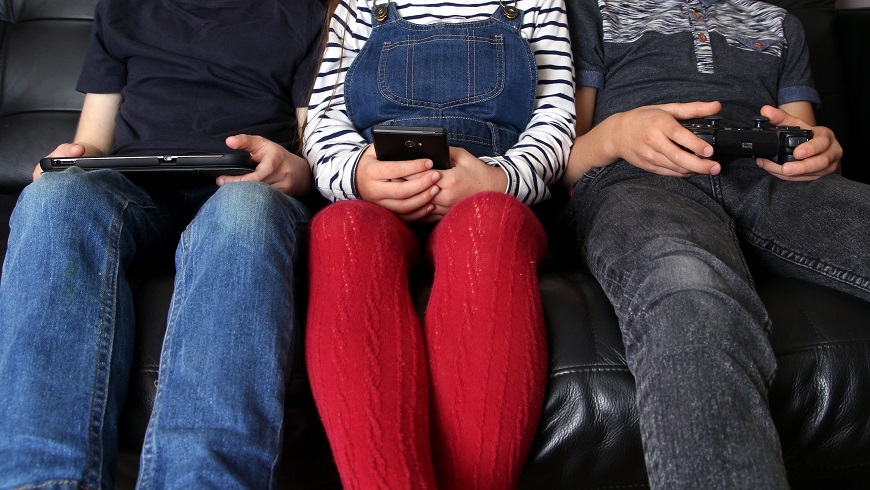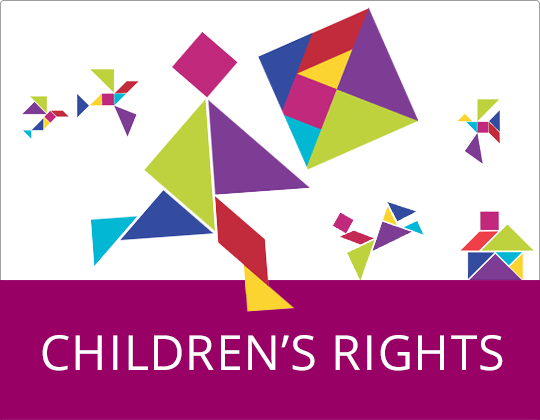No single state can prevent and combat online child sexual exploitation and abuse alone. Under the Council of Europe Project “End Online Child Sexual Exploitation and Abuse @Europe (EndOCSEA@Europe)” supported by the Fund to End Violence Against Children, two new reports seek to identify practice examples of ways to respond to this crime. A Baseline Mapping of member states responses and a Comparative Review of mechanisms for collective action at international and Pan-European level and a child-friendly booklet for teenagers (ages 12+) "So this is sexual abuse" were published today during a workshop on OCSEA which took place within the framework of the Octopus Conference “Co-operation Against Cybercrime” (20-22 November 2019).
The Baseline Mapping of Member State Responses to Prevent and Combat Online Child Sexual Exploitation and Abuse identifies promising practices and common challenges faced by member states, as they work to reconcile multiple objectives:
- To identify, rescue and support the child victims;
- To ensure that harmful content is removed from the world wide web without delay; and
- To preserve and secure the electronic evidence to ensure that perpetrators are apprehended and prosecuted.
The Comparative Review of Mechanisms for Collective Action to Prevent and Combat Online Child Sexual Exploitation and Abuse provides analysis and recommendations, with a particular focus on:
- Mechanisms to report CSAM;
- Strengthening governance structures and multi-stakeholder co-operation;
- Implementing specific legislative and policy frameworks to criminalise OCSEA, identify perpetrators and uphold the rights of the child-victim.
These studies build on the comprehensive framework provided by the Convention on the Protection of Children against Sexual Exploitation and Sexual Abuse (Lanzarote Convention), the Council of Europe Convention against Cybercrime and eight of the priorities identified in the WePROTECT Model National Response.
The EndOCSEA@Europe project promotes, facilitates and supports Council of Europe member States to prevent and combat child sexual exploitation and abuse enabled by Information and communication technologies (OCSEA). This project benefits all Council of Europe member states with a focus on ten countries, namely: Albania, Armenia, Azerbaijan, Bosnia and Herzegovina, Georgia, Republic of Moldova, Montenegro, Serbia, Turkey and Ukraine.
Acknowledgements: The Council of Europe gratefully acknowledges the financial support provided for this programme by the Fund to End Violence Against Children.
OCSEA: Children's Rights Perspective
OCSEA Baseline Mapping: Where do we stand?
OCSEA: Case Study for Co-operation
Victoria Baines, Visiting Research Fellow (University of Oxford) on preventing and combatting OCSEA, Octopus Conference 2019
European Day on the Protection of Children against Sexual Exploitation and Sexual Abuse





